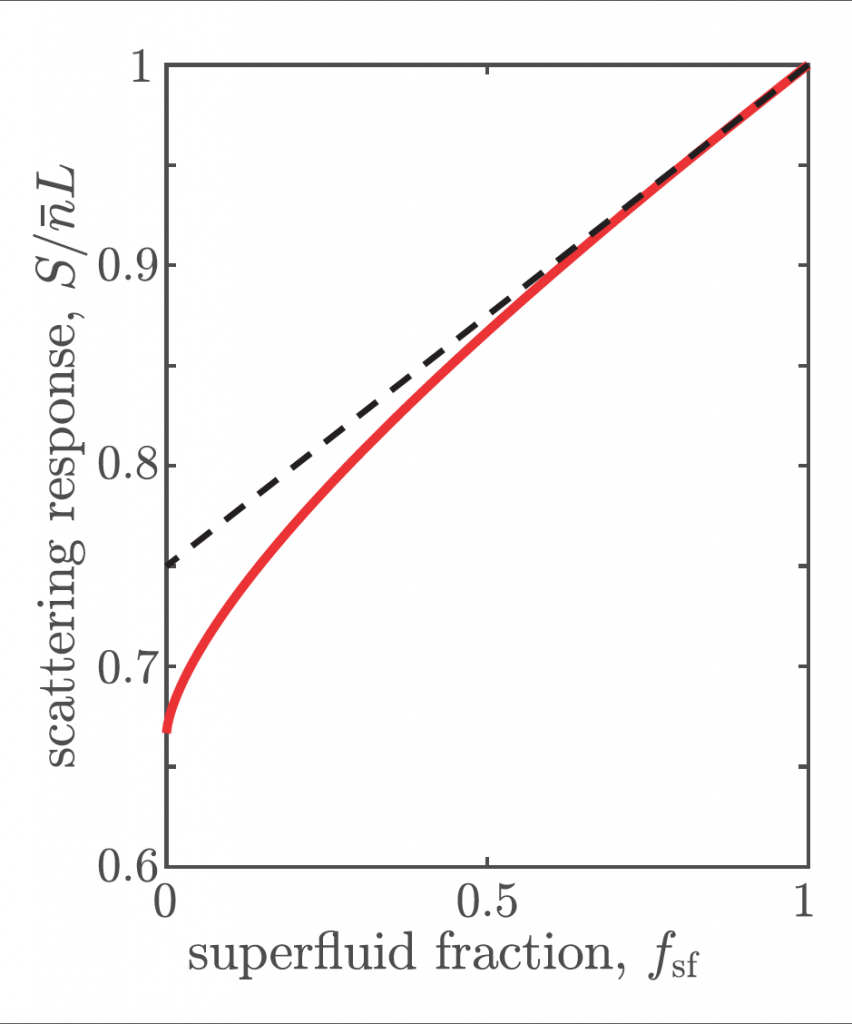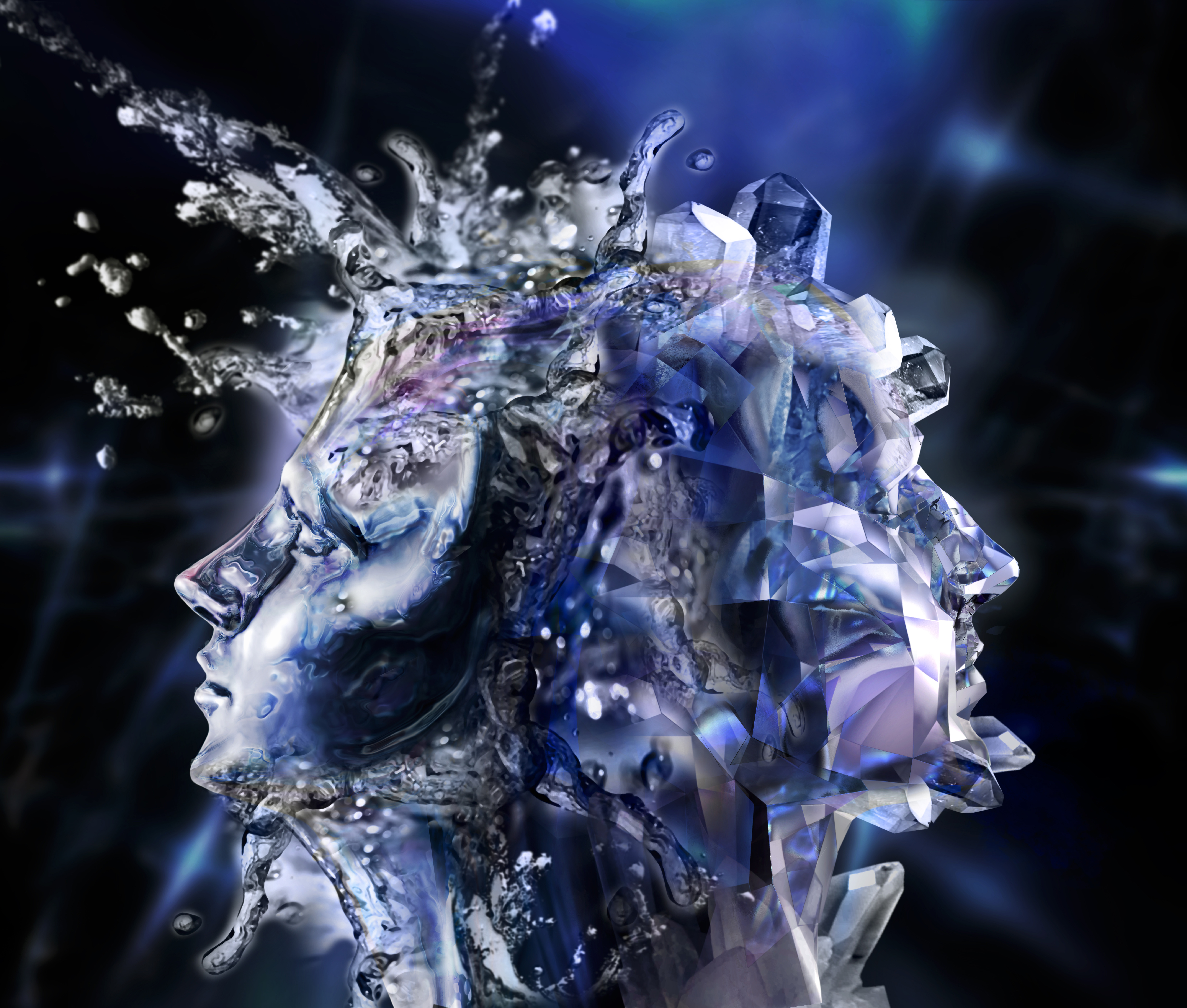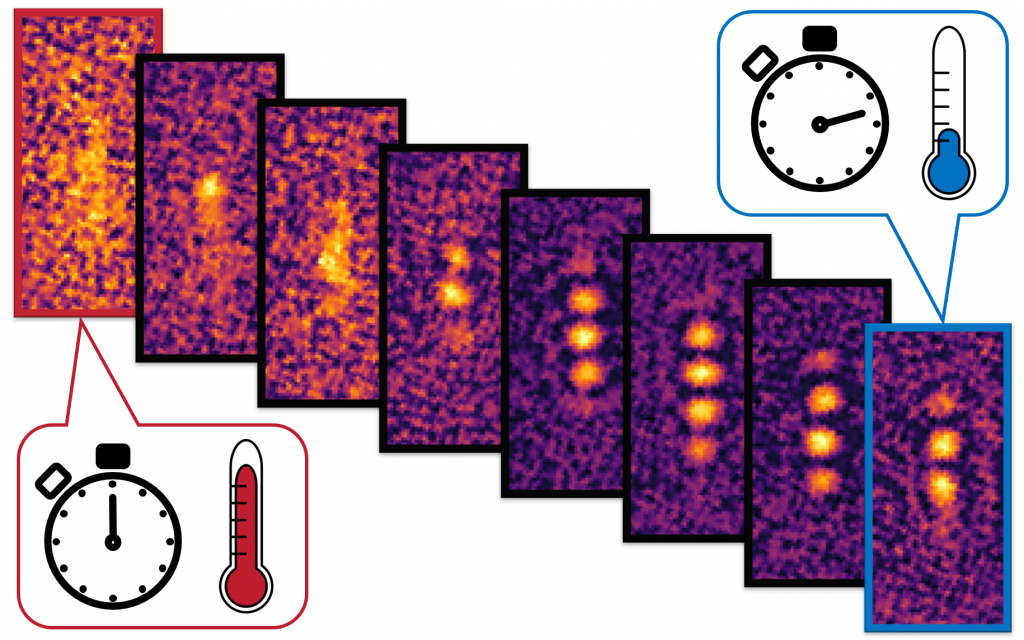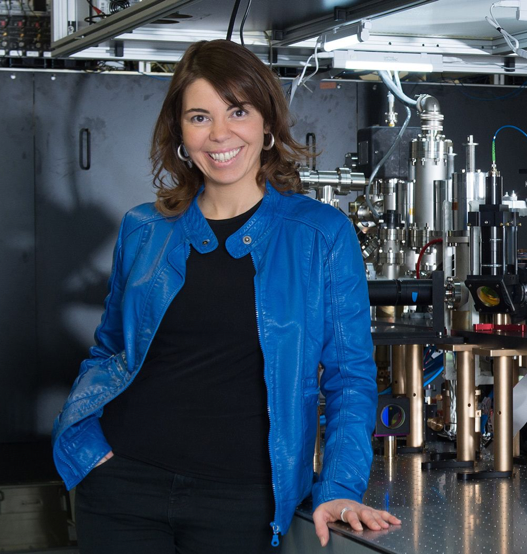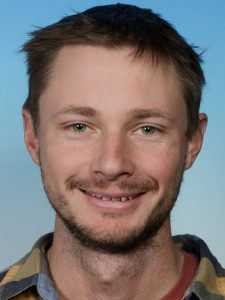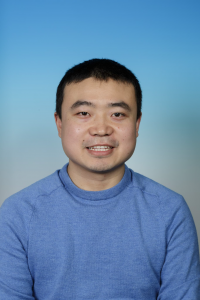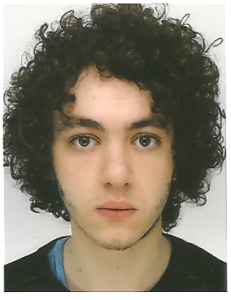
2024 PhD Openings!
We are happy to announce that our dipolar quantum gas group has two PhD positions open for 2024/2025!

Murder Mystery Dinner
Our 2024 group dinner took place on the 18th of January at CasoinN da Giorgio restaurant, with a 1920’s Murder Mystery theme!

Christmas celebration
Our team participated at the christmas celebration of the Institute, this time at a hut above Innsbruck!

Glitches in supersolids: links between neutron stars and quantum matter
By emulating the connection between a rotating supersolid phase and an external solid phase, we were able to replicate “glitches” – sudden jumps in the solid angular momentum driven by quantum vortices leaving the supersolid.

Cluster of Excellence Quantum Science Austria granted
Three Clusters of Excellence in Innsbruck have been funded! With highly endowed clusters of excellence, the Austrian Science Fund FWF creates Austrian flagships of basic research. The University of Innsbruck will coordinate the Cluster of Excellence for Quantum Sciences.

Atoms in Tweezers
In the T-REQS lab we have now loaded atoms in our optical tweezers.

Vortices in a dysprosium gas
By stirring the magnetic field which polarizes the atoms in a dysprosium condensate, we were able to generate vortices–tiny quantum tornadoes–in a dipolar gas for the first time!

Bloch Oscillations
By letting an erbium quantum droplet fall under gravity through an optical lattice, it is possible to understand the inter-atomic interactions and quantum fluctuations through variations of the Bloch oscillation.

ERC Advanced Grant DymetEr has been funded!

Happy 10th Birthday to the first Erbium BEC!
Our group studies dipolar quantum gases made of Erbium (Er) and Dysprosium (Dy) atoms. These extraordinarily magnetic species are a powerful new resource for reaching quantum simulation with strong connectivity, in which each atom is coupled to the other over long distances, and exploring exotic phases of matter that have no classical counterpart.
We have three labs: the ERBIUM LAB, where Er was Bose condensed for the first time ever, the Er-Dy LAB which studies quantum dipolar mixtures under a quantum-gas microscope, and the T-Reqs LAB, where we trap Er atoms in arrays of optical tweezers for Rydberg physics. Recently, we have established a theoretical subdivision aimed at studying and predicting dipolar phenomena in dipolar quantum gases and mixtures.
The group, led by Francesca Ferlaino, is jointly located at the Institute for Experimental Physics (IExP) of the University of Innsbruck and at the Institute for Quantum Optics and Quantum Information (IQOQI) of the Austrian Academy of Sciences, and it is part of the Innsbruck Center for Ultracold Atoms and Quantum Gases.
Follow our group’s updates on  .
.
News from the labs
Congratulation to Lauriane Chomaz on the publication of her paper in Phys. Rev. A. In this work, Lauriane investigates the general relationships existing between the density contrast, the superfluid fraction, and the response to a high-energy scattering probe of density-modulated states within a classical-field approach.
Keep Reading ...
In joint theoretical and experimental work with our theory colleagues A.-M. Rey (JILA) and B. Zhu (ITAMP) we investigate dipolar induced magnetization-conserving spin exchange dynamics with fermionic Er in a 3D optical lattice. Our work is now published in Physical Review Research.
Keep Reading ...
In a combined theory and experimental work, we study the elementary excitations of trapped dipolar quantum gases crossing from regular superfluid to supersolid. Our work is now published in PRL and summarized in the Synopsis by Sophia Chen.
Keep Reading ...
Group news
Supersolids go circular! Our Er-Dy and theory labs collaborate together to realise supersolidity in round traps. We also investigate effective formation protocols for two-dimensional supersolids, and explore the rich excitation spectra of these objects.
Keep Reading ...
Our experimental work on the lifecycle of a supersolid got selected as APS Editors' Suggestion, featured in Physics Viewpoint with an article by Chinmayee Mishra and in Physics World with an article by Oliver Stockdale. Congratulation to the Er-Dy Team!
Keep Reading ...
In recognition of her outstanding achievements, Francesca Ferlaino was elected a Corresponding Member of the Mathematical and Natural Sciences Class of the Austrian Academy of Sciences.
Keep Reading ...
Welcome and goodbye
With the beginning of the new year, Matt joins our team as Post-Doc in the Er-Dy LAB. Welcome to Innsbruck, Matt!
Keep Reading ...
With the beginning of the new year, Bing joins our team as Post-Doc in the ERBIUM lab. After finishing his PhD in Heidelberg (DE) and Hefei (CN) under the supervision of Prof. Jian-Wei Pan in 2015, he continued as a Post-Doc in Heidelberg. Welcome, Bing!
Keep Reading ...
Alexandre de Martino, master student from the Institut d'Optique at Palaiseau, France, joins our group for five months to do his final master internship. He will focus on upgrading the transversal cooling scheme of our Erbium experiment.
Keep Reading ...
![]() .
.










